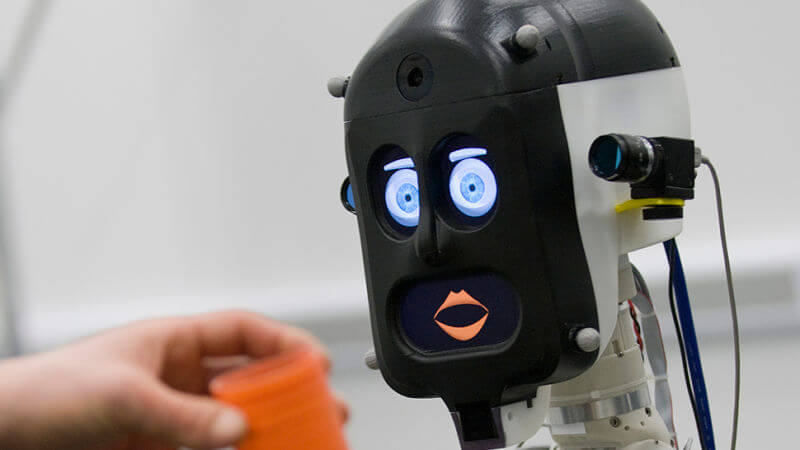Technology is advancing at an incredibly rapid pace. For most of us, robots and artificial intelligence systems are welcomed with open arms - something that can often make our lives easier. But the concern that they could replace human jobs has long been an issue. According to a new report from market research company Forrester, bots and AIs will have eliminated 6 percent of all US jobs by 2021.
Digital assistants such as Microsoft's Cortana, Amazon's Alexa, and Apple's Siri don't yet have the human-like intelligence seen in AIs from the movies, but they are getting smarter all the time. And with the rise of chatbots that can deal with customer inquiries, self-driving vehicles breaking into the logistics and taxi markets, and more robots replacing humans in manufacturing fields, many jobs are threatened by the advancement of machines.
"By 2021 a disruptive tidal wave will begin. Solutions powered by AI/cognitive technology will displace jobs, with the biggest impact felt in transportation, logistics, customer service and consumer services," said Forrester's Brian Hopkins in the report.
It's not just call center staff, factory/warehouse workers, and drivers that face being replaced by a machine. Several fast food outlets are automating their ordering process, a result of rising labor costs and, according to a recent survey, millennials' hatred of interacting with people.
Carl's Jnr. CEO Andy Puzder told Business Insider: "Millennials like not seeing people [...] I've been inside restaurants where we've installed ordering kiosks [...] and I've actually seen young people waiting in line to use the kiosk where there's a person standing behind the counter, waiting on nobody."
Forrester sees a future where many aspects of our lives are delegated to virtual assistants. The company believes it will reach a point where the machines are smart enough to make some of our decisions for us.
"The doorbell rings, and it's the delivery of a new pair of running shoes, in the right style, color, and size, just as you needed to replace your old ones. And here's the kicker: you didn't order them. Your intelligent agent did."
While that 6 percent figure may look daunting, the increased number of automated systems will see new jobs created. Humans will be needed to build and maintain these systems - at least until another robot can do it.
